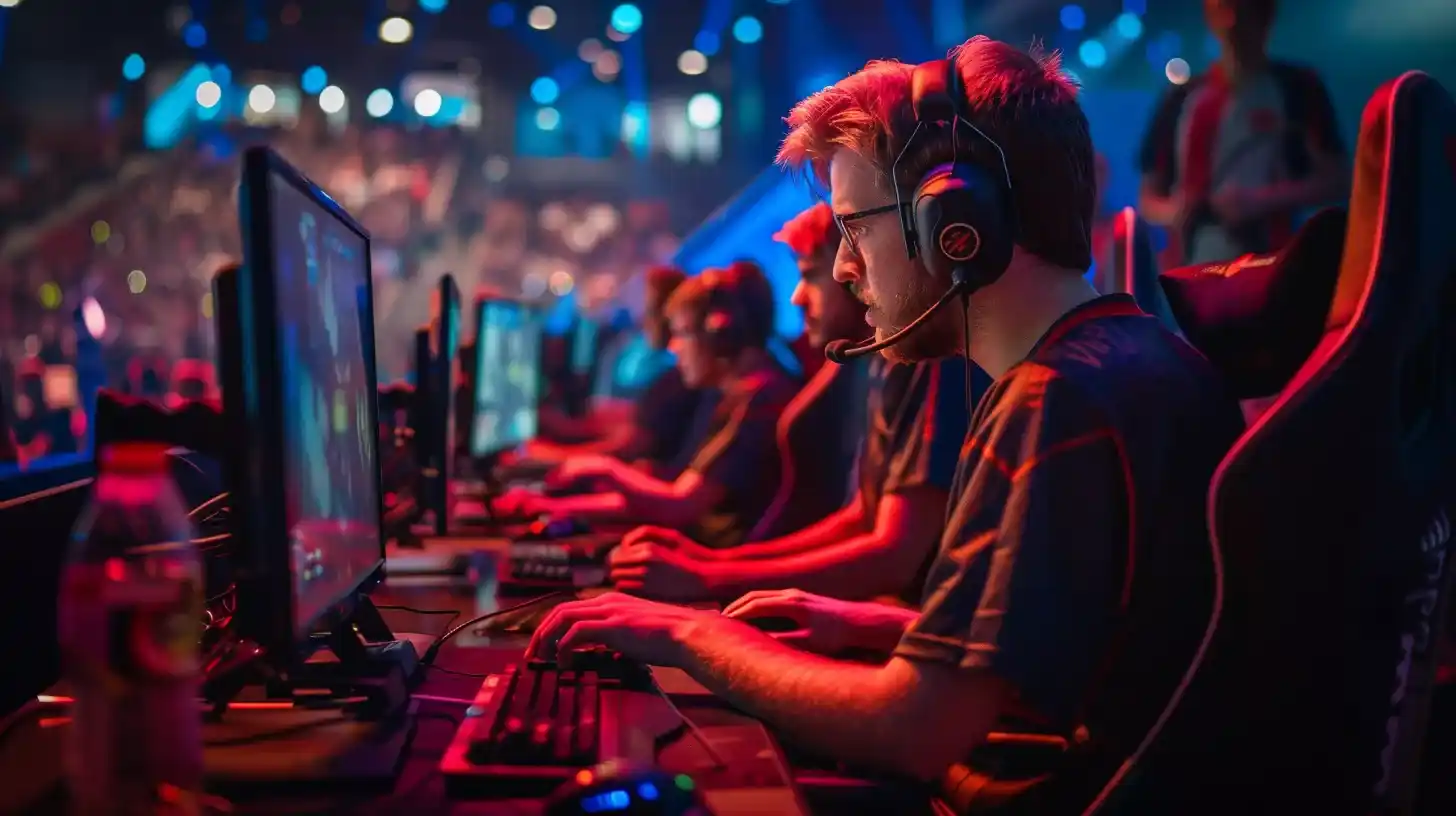Table of Contents
The world of video games is on the cusp of a paradigm shift, driven by the transformative potential of Artificial Intelligence (AI). Developers are in a constant race to push the boundaries of graphical fidelity, narrative complexity, and gameplay innovation. However, these advancements come at a hefty price tag. AAA titles can devour hundreds of millions of dollars in production costs, with marketing expenses further inflating the final figure.
This unsustainable model is where AI in Games swoops in as a potential game-changer. By automating repetitive tasks and streamlining development processes, AI has the power to significantly reduce the financial burden of game creation. This, in turn, could lead to a more vibrant and innovative gaming landscape, with smaller studios having the resources to compete with industry giants. Additionally, AI could open the door to more experimental game design, as developers are freed from the limitations of traditional development methods.
AI in Games: Slashing Costs and Expediting Development
Andrew Maximov, the founder of Promethean AI, believes AI in Games can be a game-changer when it comes to development efficiency and cost reduction. His company offers a suite of tools that empower developers to craft expansive virtual worlds. The core concept lies in AI-driven automation, allowing artists to become the architects of their own automated workflows. This frees them from the drudgery of repetitive tasks and empowers them to focus on what truly matters – unleashing their creativity. Imagine a world where artists can focus on the artistic flourishes that bring a game world to life, unshackled by the need to spend hours meticulously placing every rock or tree.

Humans and AI: A Collaborative Force for the Future of Gaming
While AI plays a crucial role in streamlining tasks, human creativity remains paramount. AI in Games is envisioned as a collaborative partner, not a replacement for human ingenuity. Promethean AI’s tools provide a compelling example of this symbiotic relationship. Artists can leverage the platform to solicit feedback on their creations. The AI analyzes the artist’s library of concept art and digital assets, generating relevant suggestions and examples to inspire and refine their vision. This fosters a new level of creative potential, where AI acts as a sounding board and a source of inspiration, allowing human creativity to flourish.
AI in Games for Worlds That Feel Alive
Californian software firm Inworld is another key player harnessing the power of AI in Games. Their focus lies in crafting not just visually stunning game worlds, but also those brimming with emotional depth and believable characters. Inworld’s engine empowers developers to breathe life into virtual environments, imbuing characters with a level of complexity that goes beyond pre-programmed responses. Their innovative narrative graph, developed in collaboration with Xbox, leverages AI to dynamically generate storylines. This paves the way for a more immersive and engaging narrative experience, where players feel like their choices have a tangible impact on the world around them. Similarly, unreal engine game development provides powerful tools for creating realistic and complex game environments, enabling developers to push the boundaries of visual fidelity and interactive storytelling.
The Future of Gaming
Imagine a game world that adapts to your playstyle and choices. Characters feel genuinely alive, responding to your actions and decisions in a nuanced way. The world around you reacts to your presence, and the narrative unfolds based on the path you forge. This is the future envisioned by Nick Walton, CEO of gaming firm Latitude.io, who champions the use of AI in Games for personalized experiences. His vision is being brought to life by AI Dungeon, a game that throws players into diverse worlds where they craft their own narratives.
Unlike traditional games with predefined storylines, AI Dungeon utilizes AI to dynamically respond to player choices, creating limitless possibilities and fostering immense replayability. Alongside these advancements, classic games continue to thrive in the digital space. For instance, players can enjoy a Free Blackjack Game Online, where AI enhances strategy and engagement, providing a realistic and immersive casino experience.
The Takeaway: A Brighter Future for Gamers
The integration of AI in Games is a win-win scenario for both developers and gamers. From independent studios to gaming giants like EA, the industry is embracing AI’s transformative potential. This translates not only to potentially lower costs for game development, but also to richer narratives, personalized experiences, and breathtakingly immersive game worlds.
The future of gaming looks bright, with AI acting as a powerful tool to empower human creativity and usher in a new era of captivating gaming experiences where players are no longer spectators, but active participants in the unfolding stories.